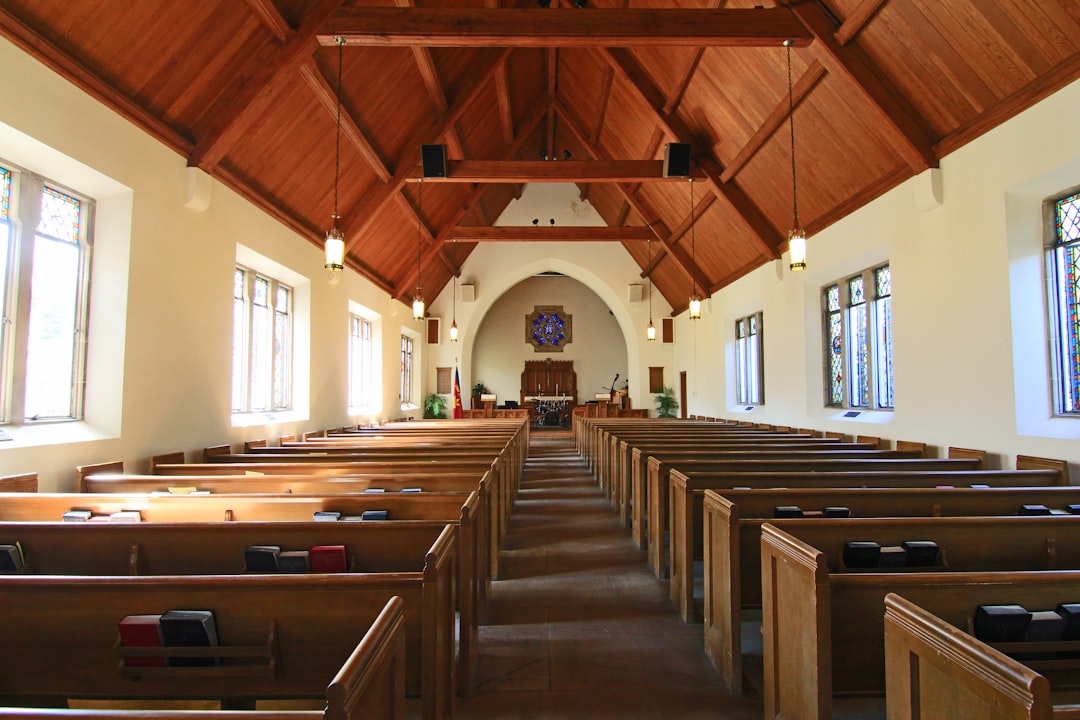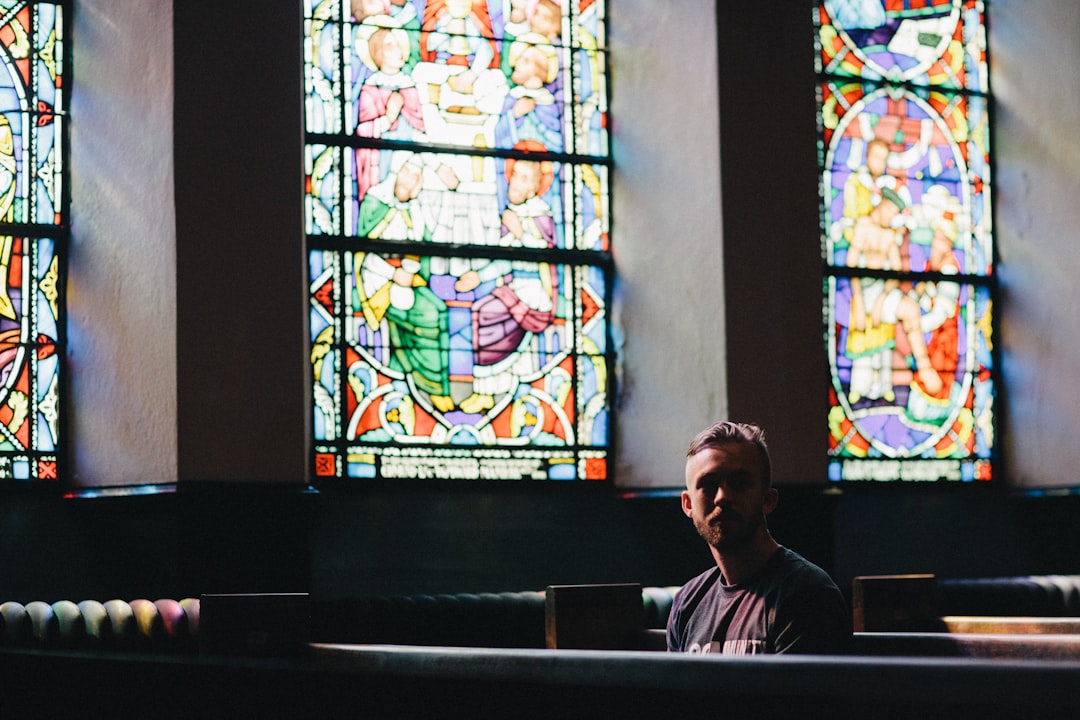Victims of clergy abuse in Arkansas have legal protections and options, including compensation claims and personal injury lawsuits. Consulting a specialized clergy abuse attorney is crucial for navigating complex processes, gathering evidence, meeting deadlines, and ensuring sensitive handling. Choosing the right lawyer involves assessing their expertise, track record, and communication style. Support networks and resources are available to aid healing and justice for survivors of clergy abuse in Arkansas.
In Arkansas, victims of clergy abuse are not without recourse. If you or someone you know has suffered from emotional distress, physical harm, or financial exploitation at the hands of a religious leader, understanding your rights is crucial. This comprehensive guide explores Arkansas laws pertaining to compensation for clergy abuse victims, walks through the claim filing process, details common types of available compensation, and offers advice on selecting the right clergy abuse attorney in Arkansas. Additionally, we provide resources to support survivors and outline next steps.
Understanding Arkansas Laws on Clergy Abuse Compensation

In Arkansas, clergy abuse victims have legal rights and options when seeking justice and compensation for their experiences. The state has specific laws in place to protect individuals who have suffered sexual or physical abuse at the hands of religious leaders. If you or someone you know is a victim of clergy abuse, understanding these laws is crucial. An experienced Arkansas clergy abuse attorney can guide victims through the process of filing a claim and ensuring they receive fair compensation for their suffering.
Arkansas law allows individuals to take legal action against religious organizations, institutions, or clergy members who have engaged in abusive behavior. This includes cases involving sexual assault, harassment, emotional distress, and other forms of mistreatment within a religious context. The state’s statute of limitations for such claims varies depending on the type of abuse, with some cases allowing victims up to 20 years to file a lawsuit. Promptly seeking legal counsel from an Arkansas clergy abuse attorney is essential to protect your rights and ensure you meet all legal requirements.
Navigating the Process: Steps to File a Claim

Navigating the process of filing a compensation claim for clergy abuse in Arkansas involves several key steps. The first step is to consult with a qualified and experienced clergy abuse attorney in Arkansas who specializes in handling such sensitive cases. This legal professional will guide you through the intricacies of the law, help you understand your rights, and explain the potential remedies available to you.
Next, it’s crucial to gather all relevant documentation related to the abuse, including but not limited to medical records, police reports (if applicable), and any evidence that establishes a pattern of misconduct by the clergy member. Your attorney will then file the claim on your behalf with the appropriate legal authority in Arkansas, ensuring that all deadlines are met and required forms are correctly completed. This process requires meticulous attention to detail and a deep understanding of the law, making it essential to seek professional assistance from an experienced clergy abuse attorney in Arkansas.
Common Types of Compensation for Victims of Clergy Abuse

Many victims of clergy abuse seek compensation for the trauma and harm they’ve endured. Common types of compensation include financial damages for medical expenses, therapy costs, and lost wages due to emotional distress. These claims often involve suing the offending clergyman, church leaders, or institutions that failed to protect the victim.
A clergy abuse attorney in Arkansas can help victims navigate these complex legal processes. They can guide clients through personal injury lawsuits, seeking financial restitution for past and future medical needs, as well as non-economic damages like emotional pain and suffering. It’s crucial for survivors to reach out for support and take legal action to hold accountable those who caused them harm.
Choosing the Right Clergy Abuse Attorney in Arkansas

Choosing the right clergy abuse attorney in Arkansas is a crucial step for victims seeking justice and healing. With complex legal processes involved in compensation claims, it’s essential to find a lawyer who specializes in this area and has a proven track record. Look for an attorney with extensive knowledge of state laws regarding clergy abuse and experience handling similar cases. This ensures they understand the unique challenges and can navigate the legal system effectively.
Victims may consider factors such as an attorney’s reputation, client testimonials, and their approach to communication. A good clergy abuse attorney in Arkansas should be empathetic, responsive, and committed to advocating for their clients’ rights. They must also possess strong negotiation skills and a track record of successful settlements or verdicts to ensure the best possible outcome for their clients.
Supporting Resources and Next Steps for Survivors

If you or someone you know has experienced clergy abuse in Arkansas, it’s crucial to know that support and resources are available. Many survivors find comfort and strength through connecting with like-minded individuals and professionals who understand their unique challenges. Support groups, counseling services, and emotional recovery programs specific to clergy abuse victims can be instrumental in the healing process. These resources not only provide a safe space for sharing experiences but also offer practical guidance on legal rights and options.
The next step for survivors is often to consult with a qualified clergy abuse attorney in Arkansas. Legal professionals specializing in this area can help navigate the complexities of compensation claims, ensuring that victims receive fair and just redress. They can guide you through the legal process, explain your rights, and advocate for your interests. With their expertise, survivors can take confident steps towards justice and healing.






